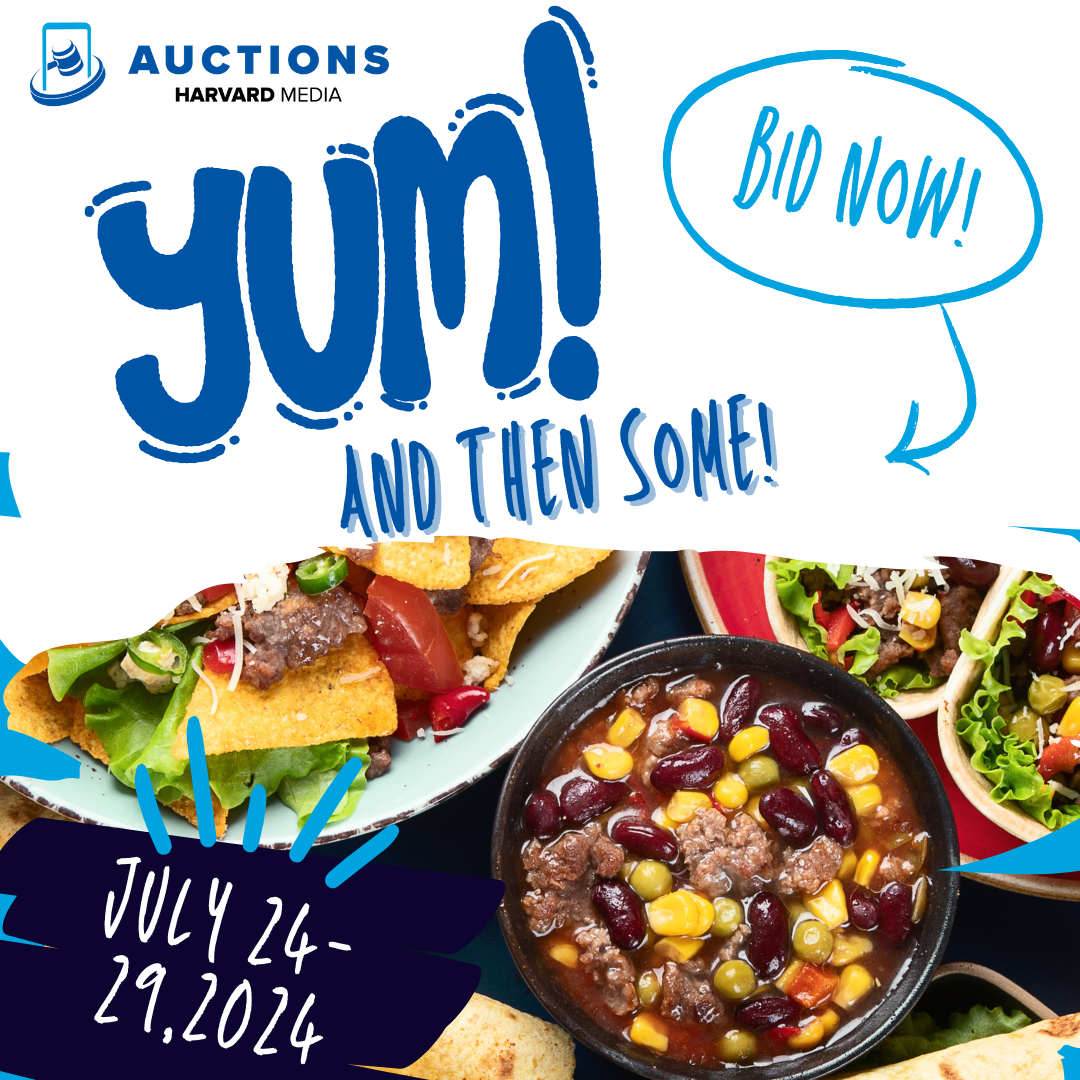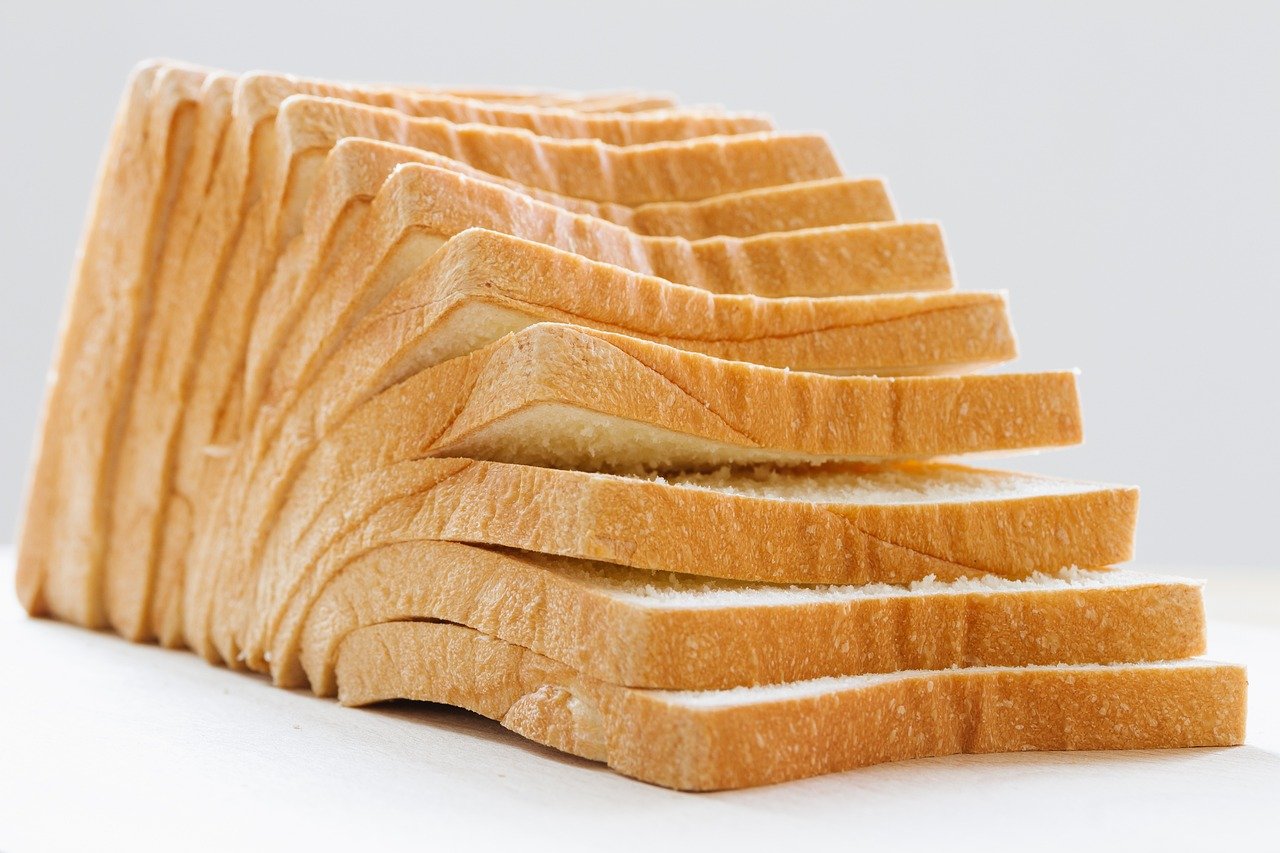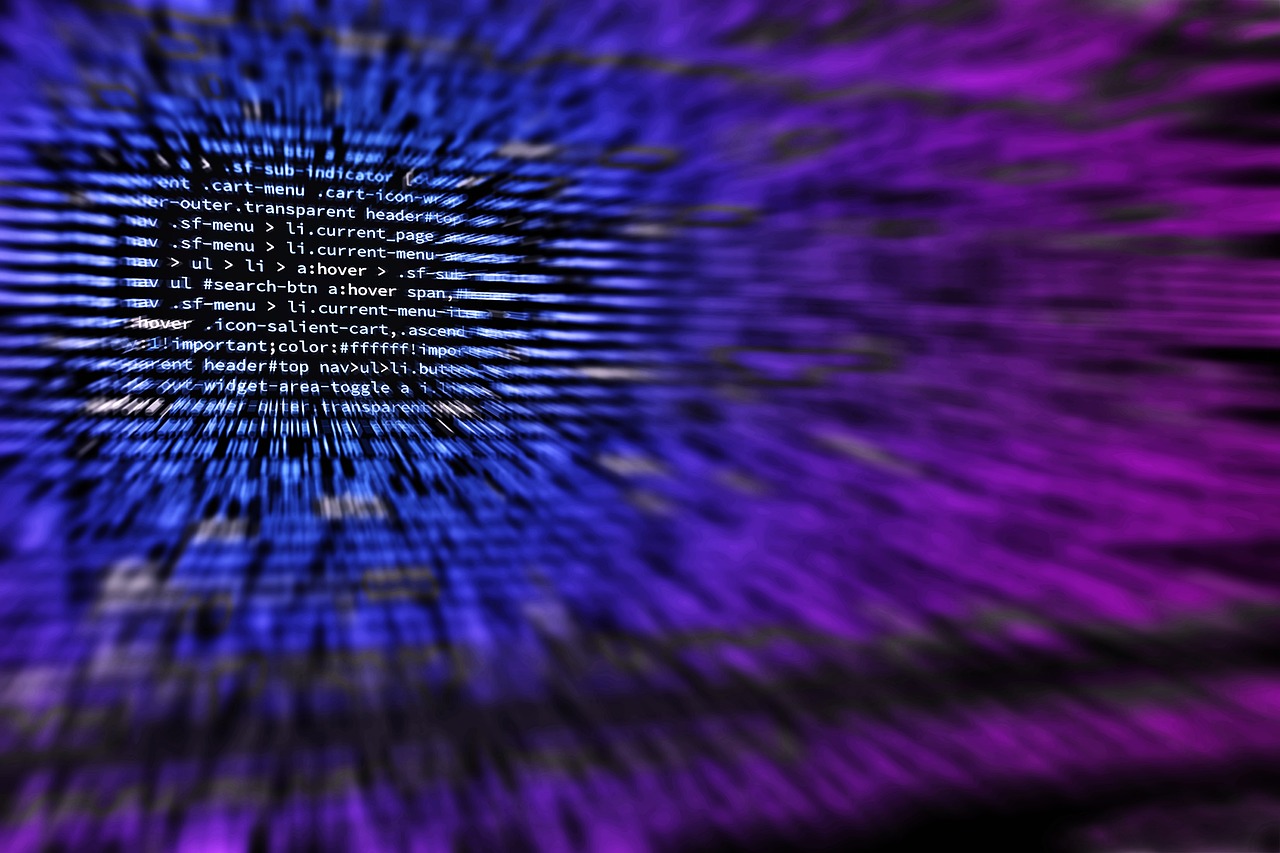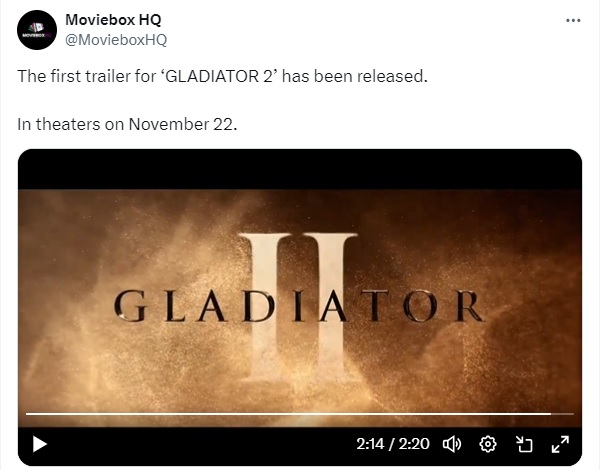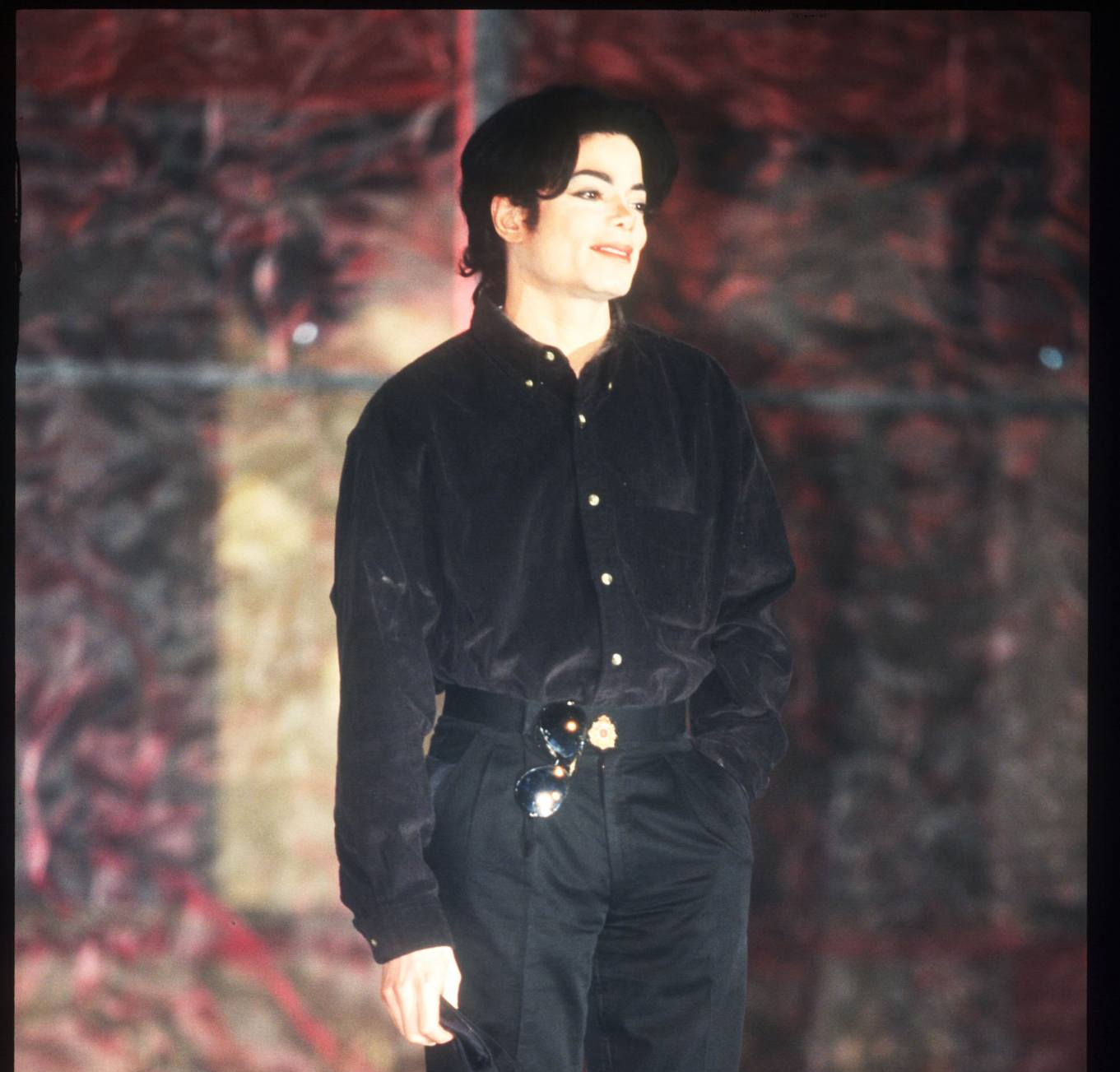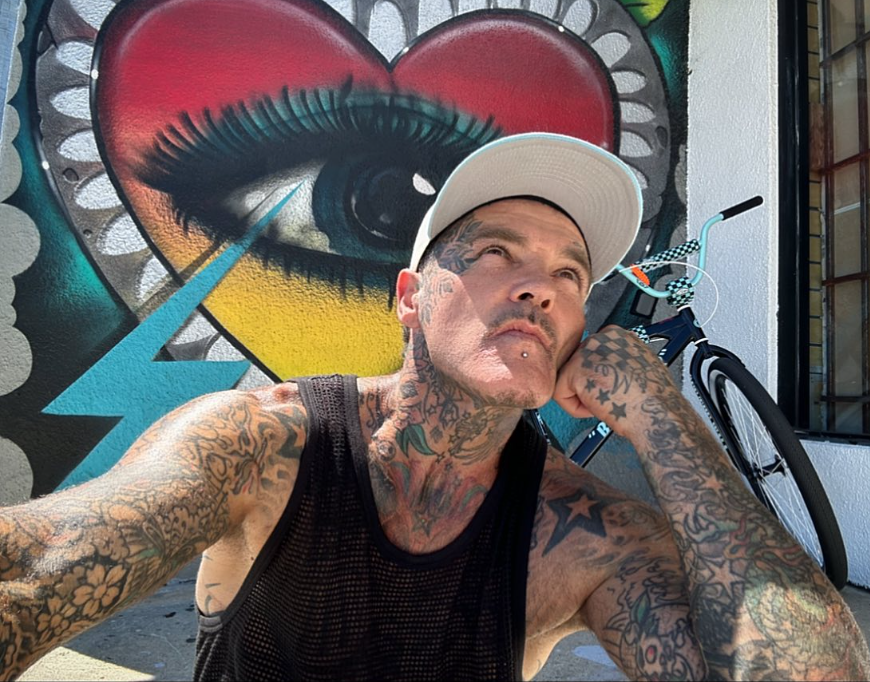Voters in Regina had a chance to hear from the city’s mayoral candidates during Monday night’s election debate televised on AccessNow TV.
Nominees answered a series of questions covering everything from their plans to help the city recover from COVID-19 to improvements to the city’s infrastructure.
Now onto growth-related infrastructure.
Flegel: my plan is to deal with vacant lots such as downtown railyard, former Taylor Field site.
Masters: remove intensification levy in order to encourage infrastructure to be built on vacant lots.#yqrvotes
– Moises Canales (@MoisesCanalesJr) November 3, 2020
Job creation:
Fiacco: attract people and tourism.
Wooldridge: Make the city safer, build infrastructure, build underpass instead of relocating rail lines.
Flegel: build our way out of [pandemic]. No cuts.#yqrvotes
– Moises Canales (@MoisesCanalesJr) November 3, 2020
Now back to the normal questions. Hopkins asks what the candidates would do regarding funding for police in light of calls to defund police.
Flegel: I don’t believe in defunding the police.
Bradley: our children need to learn about respect for police.#yqrvotes
– Moises Canales (@MoisesCanalesJr) November 3, 2020
Incumbent Michael Fougere, Sandra Masters, Tony Fiacco, George Wooldridge, Darren Bradley, Jerry Flegel and Jim Elliott were those who participated in the debate. Mitchell C. Howse and Bob Pearce did not take part.
Many of the questions on Monday were based on the economy and business. Moderator John Hopkins, who also serves as CEO of the Regina and District Chamber of Commerce, began the debate by asking what the candidates would do as mayor to help the city recover from COVID-19.
Elliott committed to reaching the city’s goal of 100 per cent renewable by 2050 and rebuilding the city’s tourism strategy. For Masters, it’s about building infrastructure – such as her promise to build a new aquatic centre – and improve relationships with the provincial and federal government.
Promoting the city, improving infrastructure and focusing on downtown is how Fiacco feels the city could rebound from COVID-19. Wooldridge took a more conservative approach, stating he would start by taking a 30 per cent pay cut in his own salary as mayor, finding efficiencies and take caution when asking for money for construction projects.
A focus on provincial and federal partnerships is what Bradley feels will benefit Regina the most. He said he’s trying to be positive by thinking the economy will rebound next year and there will start to be “some normalcy”. Fougere pointed to his 10-year economic strategy and how he has committed to a tax freeze for the near future.
Jerry Flegel suggested “building out of COVID-19”, which he believes will create more jobs and grow the economy. He also noted the importance of improving relationships with other levels of government.
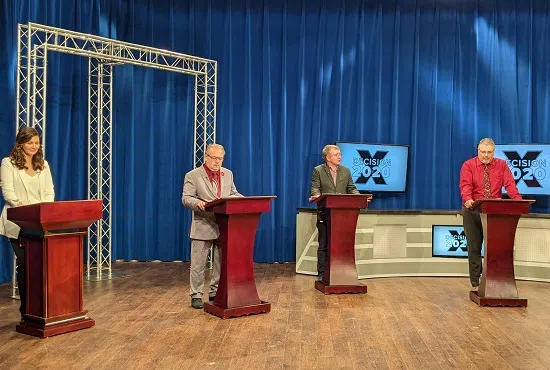
From left to right: Sandra Masters, Tony Fiacco, George Wooldridge, Darren Bradley. (Photo: Moises Canales)
The John A. MacDonald statue in downtown Regina and the renaming of Dewdney Avenue were topics of discussion that drew opposite opinions. The statue has been under the microscope due to MacDonald’s connection to Canada’s residential school system history with some citizens calling for the statue to be removed from Victoria Park.
Bradley said he would not remove the statue. “I am against removing all those statues. That is our history,” stated Bradley during the debate. “That would be to me like removing Auschwitz. We need to remember that stuff, it’s crucial for our children to learn history.”
“I actually took exception to the comparison with Auschwitz, but I will let that go,” responded Wooldridge. “I would disagree with that comparison.”
Wooldridge pointed to the importance of asking citizens their opinions in order to learn how to approach both issues.
Some of the candidates were open to removing the statue but then moving it to a different location such as a museum. Masters said, “any emblem of colonization in the absence of the Indigenous story cannot continue on.” Whether it stays or is taken down, she believes the statue needs to exist in the context of the full history for what occurred in the province and in Canada.
Fougere noted how the city is working on public consultation on the MacDonald statue with a report expected in January 2021. He knows many Indigenous people in the city have been disrespected by the statue, but Fougere said it is significant to learn from history and tell the whole story of MacDonald – both the good and the bad.
“Whether the statue stays in Victoria Park or goes to another place, perhaps near the legislature, we need to know the entire story so we know and respect what Indigenous people and their ancestors went through,” explained Fougere.
Elliott was one of the only candidates who stated he would rename Dewdney Avenue. The street was named after Edgar Dewdney, a man who had a role in the creation of residential schools. Groups in the city have proposed renaming the road to Buffalo Avenue
He feels those symbols show the city is embedded in the colonialism that “started it”. Elliott suggested one way to rebirth the city is to engage with Indigenous communities and “give them a place they can call their own.”
Monday’s debate is the only mayoral debate ahead of the civic election on November 9. Advance polls are open at a few locations in the city on Tuesday and Wednesday.
The full two-hour debate can be viewed below.



